It’s just pop (and rock, and a thousand other things), but we like it. It may have less of an impact on our society than we think, but we still need it. Neither Charli XCX nor Taylor Swift prevented Donald Trump from winning by a landslide in his country’s elections, nor did they prevent the world in 2025 from being slightly (or much, depending on how you look at it) darker than the one that dawned twelve months ago, but what would we be without those records and songs that give us life.
A new year begins and I try to summarise, beyond lists (of which there are plenty, and they are always worthwhile), what 2024 was like in three key points. I know it’s as naïve as trying to trap an ocean in the bowl formed by the palms of our hands, given the immense amount of music we have at our fingertips today, which we couldn’t digest even in a couple of full-time (and sleepless) lives, but here goes my well-meaning summary of the year.
#1 A star system in constant renewal, and (almost) always with a woman’s name
Everyone was talking about Dua Lipa four years ago, but hardly anyone remembered her in 2024 after a Radical Optimism (2024) that has become rather faded. At least compared to Future Nostalgia (2000), which brightened up the confinement of half of humanity. Nor has it been Beyoncé’s year, because Cowboy Carter (2024) is still a minor album in her discography, no matter how much we’ve been banging on for weeks about the resignification of the old country codes in her hands (and in those of other audacious musicians). Nor Rosalía, who has barely made a statement but promises a new album in 2025.
But it has undoubtedly been the year of Charli XCX (I find the consensus around her Brat totally deserved) and, to a lesser extent, of Sabrina Carpenter. Both – mind you – after more than a decade of career. But none of them have so far shown the consistency of Billie Eilish, who is reaching for the sky with each of her releases: Hit Me Hard and Soft (2024) is the proof.
Yes, they are all women. And we could also add (although the primacy of women is no longer a novelty among the best of each year – it has been a constant over the last five years – and filtering by gender is not exactly elegant, or even sensible) the names of Cassandra Jenkins, Beth Gibbons, Jessica Pratt, Adrianne Lenker, Nilüfer Yanya, Kim Gordon, Julia Holter or Clairo.
#2 The James Ford factor and the pride of old-timers
He did it with Depeche Mode and Blur last year. And in 2024 he did it again with Pet Shop Boys and Beth Gibbons, but also with youngsters like Fontaines D.C. Everything James Ellis Ford touches as a producer, he turns into gold. There is no sound engineer who manages to extract so much from discourses in need of renewal without the facelift imposing a negation of their traditional properties. Fontaines D.C. have made the leap to stadium rock without losing their edge or credibility. Beth Gibbons has once again generated chills from the opposite extreme: her most organic and essentialist vis.
Pet Shop Boys have made their best album in thirty years (with the permission of the masterful Electric, from 2013), making visible a chapter of veterans who are bigger-than-life that has had extraordinary exponents in Nick Cave (already instituted as a figure of more public domain than ever), Crowded House, Paul Weller, The Cure or The Cure who have approached their imperial record of a little over thirty years ago when nobody expected it.
At an intermediate level (i.e. not so veteran veterans), Slowdive, Jack White, The Smile, and Tindersticks are worth mentioning. Curiously, and contrary to what I mentioned in the previous section, here there is an overwhelming majority of men.
#3 Electric guitars are cool again here
Lately, I have the feeling that the so-called urban music scene in Spain has burnt out at such a dizzying speed that it has ended up denying itself if it hasn’t already exhausted its evolutionary possibilities. And I think that one of the most obvious symptoms is that 2024 has been the year in which the electric guitars of pop and rock have once again reclaimed the primacy they were denied. With the brilliant irruption of Alcalá Norte (and with all the associated hype, as they are from Madrid for a reason) and the influence that Carolina Durante, also among the highlights of the year, are projecting on an entire generation.
Can we speak of a third generation of Spanish indie with a face and eyes, with some common features although stylistically diverse? It seems so, if we look at their lack of prejudices and the language (much more direct than the previous fifth) they use, no doubt marked by the flat horizon that our society is delimiting for them, conditioned by job insecurity and the unbearable high cost of housing. There’s Biznaga to highlight it (a decade of career), also Viva Belgrado, even the best Hinds we remember, lighting a path that Cariño, Kokoshca, Alavedra, Camellos and many others who didn’t release in 2024 have followed.
There is also a new folk in the hands of Maestro Espada or Carlos Ares, another turn of the screw in the combination of tradition and avant-garde of recent times (there is also Za! and Perrate, or Ángeles Toledano), but what comforts me most is still having such safe and reliable values as those embodied by Sr. Chinarro, Luis Prado, Ferran Palau, Guillem Gisbert, Alizzz, Steven Munar, Pony Bravo, Maria Jaume, Yo Somos, Nudozurdo, Espanto, Atención Tsunami, Maddening Flames, Pauline en la Playa, Parade with Nacho Casado, Marinita Precaria, Sen Senra, Alberto Montero, León Benavente, Rita Payés and so many others I may be forgetting now.


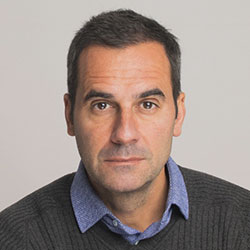
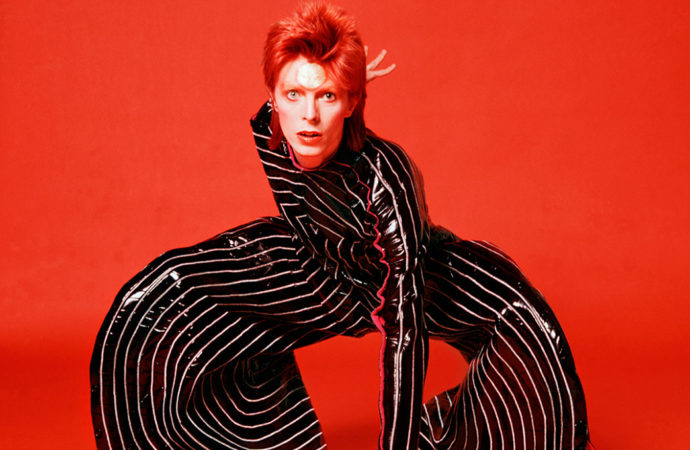

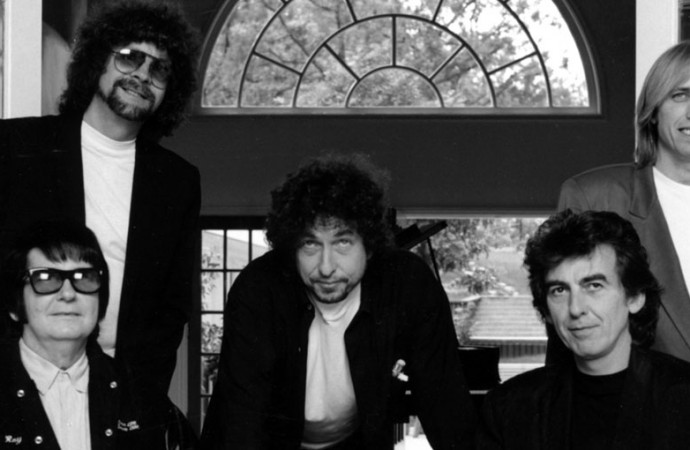
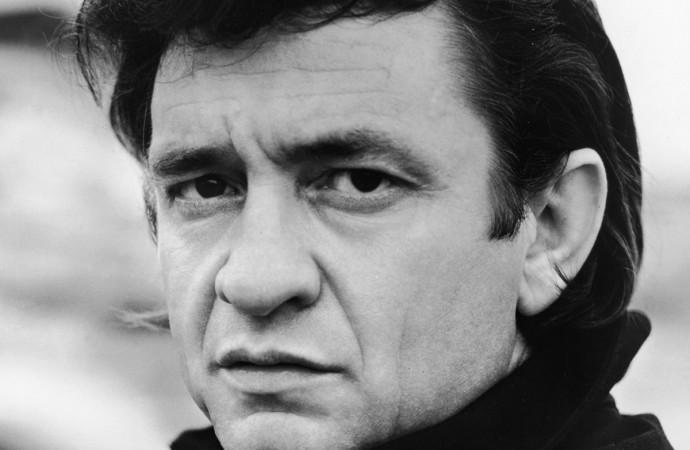
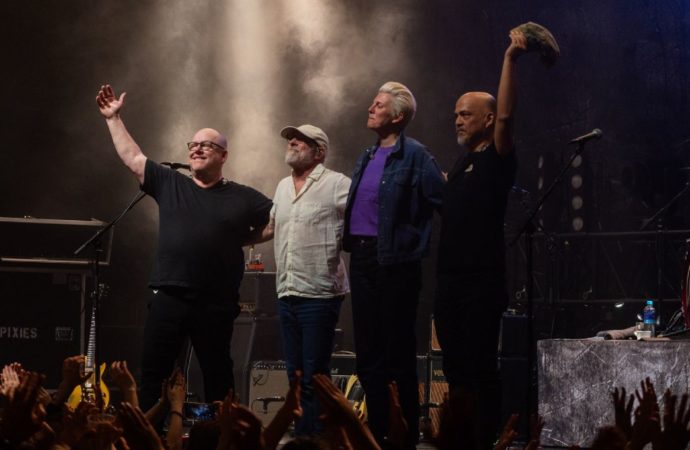
No one has posted any comments yet. Be the first person!